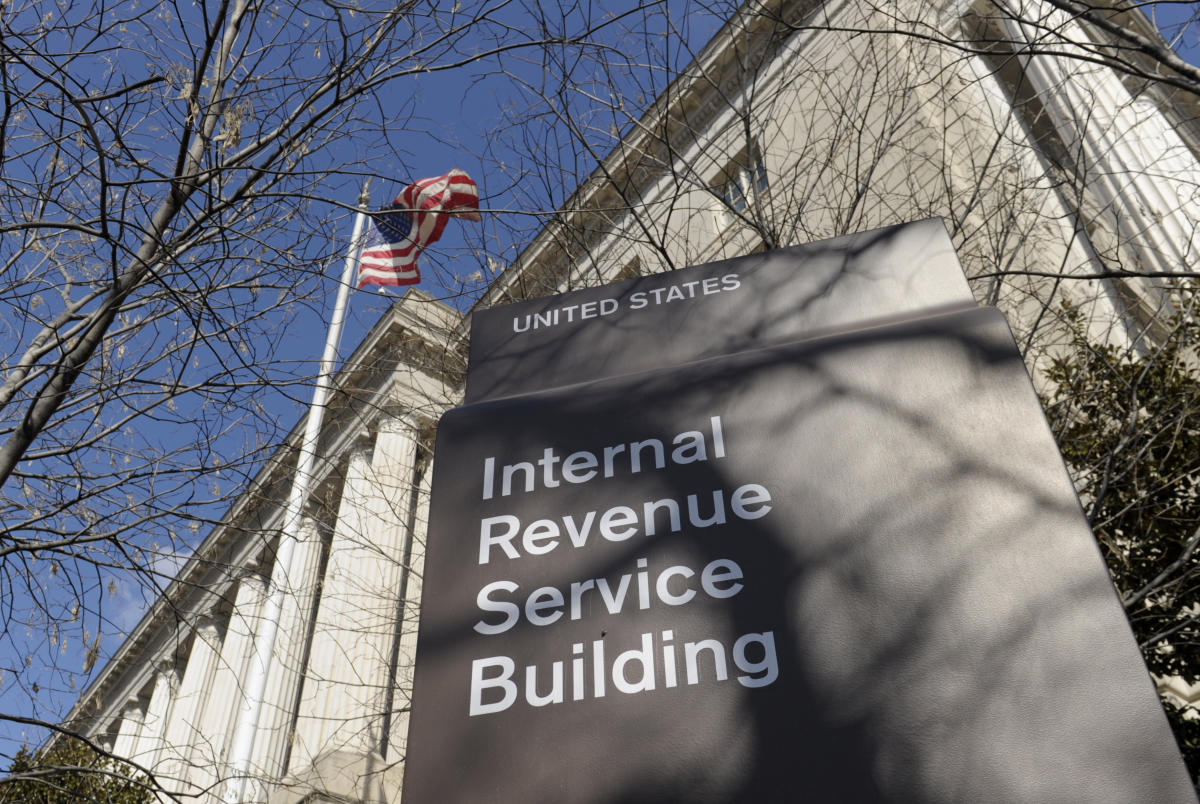A Substitute for Return (SFR) refers to a tax return that the Internal Revenue Service (IRS) files on behalf of a taxpayer who has failed to submit their own return. The IRS uses available information, such as W-2s, 1099s, and other such income reported on documents, to estimate the taxpayer’s income and tax liability. SFRs help the IRS enforce tax compliance but often results in a higher liability than if the taxpayer had filed their own return.
Understanding Substitute for Return (SFR)
The IRS creates an SFR when a taxpayer neglects to file a return. In this situation, the IRS relies on third party information from third-party sources, such as employers or financial institutions, to estimate the taxpayer’s income and calculate the taxes owed. The IRS sends a notice of the proposed tax due, giving the taxpayer an opportunity to either correct tax liability, file their own return or dispute the SFR in tax court.
However, it’s important to note that an SFR does not account for any special deductions, credits, or exemptions the taxpayer might qualify for. As a result, the calculated tax liability is often higher than if the taxpayer had filed their own return, which can lead to unnecessary penalties and collection actions.
The IRS Process Behind an SFR
When a taxpayer fails to file a return and does not respond to IRS notices, the IRS steps in and files a substitute return. The IRS uses information from W-2s, 1099s, and other documents filed with them, resulting in a simplified version of the taxpayer’s tax return. Since the IRS only includes the information available, this often leads to a higher tax bill as it fails to take into account deductions or credits the taxpayer may be eligible for.
After the SFR is filed, sthe IRS may send a statutory notices of deficiency, requiring a response within 90 days of the statutory notice. Failing to respond can lead to further collection actions, liens, and levies.
Common Scenarios Leading to SFRs
SFRs are most commonly triggered by taxpayers who either forget they filed tax returns or neglect to file returns for multiple years. This can happen due to confusion, fear of owing taxes, or simply not realizing that the IRS has the authority to file tax returns on their behalf. It is also common when taxpayers move without updating their address with the IRS. Since the IRS sends notices to a taxpayer’s “last known address,” failing to update this information can result in missed IRS notices and an SFR filing.
Consequences of an SFR
There are serious consequences when the IRS files a Substitute for Return. One of the most notable consequences is that the tax liability calculated by the IRS is often higher than what the taxpayer would owe had they filed their own return. This is due to the absence of potential deductions or credits the taxpayer may qualify for. The IRS uses only the standard deduction and deductions tax credits, which often results in overestimating the taxpayer’s income tax liability.
Additionally, an SFR can lead to a tax lien or levy against a particular taxpayer. If the taxpayer does not pay the tax assessed, the IRS can place a lien on their property or initiate a levy against their wages, bank accounts, or other assets. Such collection actions can also affect the taxpayer’s credit score, making it harder to secure loans or obtain credit in the future.
Impact of SFR on Bankruptcy
Tax liabilities arising from an IRS-filed substitute return may not be dischargeable in bankruptcy. In contrast, if a taxpayer files their own return, some tax debts may be eligible for discharge in bankruptcy under certain conditions. Taxpayers considering bankruptcy should seek professional advice from a tax and bankruptcy attorney to understand the nuances of this situation.
Final Thoughts
A Substitute for Return (SFR) is a powerful tool the IRS uses to enforce tax compliance. While it can result in higher tax liabilities and aggressive collection actions, it also presents taxpayers with an opportunity to rectify the situation by filing their own return. By understanding how the IRS processes an SFR and the steps you can take to resolve it, you can avoid unnecessary penalties and ensure that you’re only paying the taxes you actually owe.
If you’ve received an SFR notice, act promptly. Filing your own return or disputing the IRS tax assessment itself can help lower your tax liability and prevent the IRS from taking further collection actions against you. Seek guidance from an experienced tax attorney to protect your rights and get you back in compliance. .
Take Control of Your IRS Issues
If you’ve received an IRS notice about a Substitute for Return, contact Sorell Business and Tax Law today. We’ll review your case, help you file a complete and accurate return now, and ensure you’re not overpaying. Let us guide you through the process and avoid further complications. Request a consultation today.
Frequently Asked Questions (FAQs)
How many tax years does the IRS decide to file a Substitute for Return?
The IRS files an SFR when you fail to respond to notices requesting that you file your return. If you do not update your address with the IRS or take action on these notices, the IRS will proceed with the filing requirement by SFR.
What are the consequences of an SFR?
An SFR often leads to higher tax liabilities because it doesn’t consider deductions or credits you could qualify for. It can also result in IRS collection actions like tax liens or levies if the tax owed is not paid.
Can I replace a fraudulent return or an IRS Substitute for Return with my own filed return?
Yes. You can file your own return, and the IRS will replace income information on the SFR with your properly filed return. This can reduce your tax liability and protect you from further collection actions.
How can I avoid an SFR in the future?
To avoid an SFR, make sure to file your tax return on time and update your address with the IRS.





